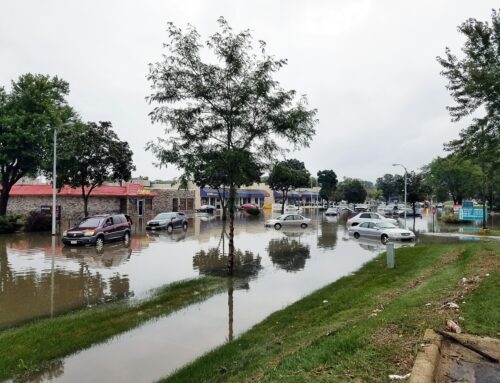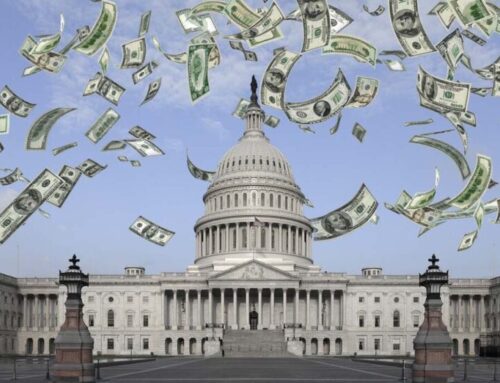The Senate yesterday approved an $8 billion transfer from the Treasury to the Highway Trust Fund (HTF) (the House passed the same measure back in July). You can read the TCS write-up about the transfer here. The Republican Staff of the Senate Budget Committee released an absolutely essential resource concerning the impending shortfall and this budget-busting fix. Though the entire document is worth a read, a couple of points stick out worth highlighting:
- HR 6532 willl transfer $8.017 billion from the general fund to the HTF. Supporters argue this will fix a previous transfer of the same amount from HTF to general fund back in 1998 when the last highway bill was passed. But proponents of this maneuver are basing their justification on several faulty premises. The HTF balance was reset in TEA-21 to $8 billion (it had been slightly more than $16 billion at the time, which is where the $8.017 billion figure comes from) in exchange for an increase of more than $60 billion in spending over the previous transportation bill. In addition, the resetting of the HTF balance did not result in a transfer of funds to the general fund nor was it used to reduce the deficit in any way. It was simply bookkeeping. Now, there is a push to transfer $8 billion, which will increase the deficit, to cover the projected $3.6 billion shortfall.
-
The backfill this year will lead to more deficits in the future. According to the Budget Committee staff:
- Even if the transfer from the general fund is ultimately enacted for 2009, that still would not be the end of the nightmare: if the spending level in 2009 continued into 2010 and beyond, annual spending from the HTF would exceed annual revenues (not including the transit account of the trust fund) by $9 billion in 2010, $9 billion in 2011, $11 billion in 2012, $12 billion in 2013, and $12 billion in 2014 (according to CBO).
On this one, Congress took the easy way by simply throwing money at a problem, and this approach comes at the expense of the nation’s taxpayers. And with no indication that there is the political will for real change, this scenario is likely to play out again in the near future.











Get Social